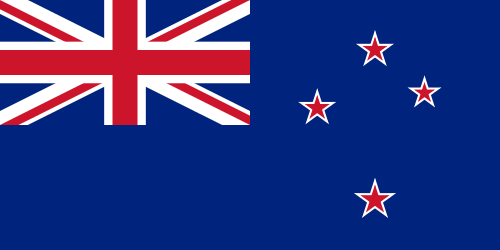Building off the theme in my most recent post, about anti-poverty programs in Bolivia and Brazil, let’s look at two industrialized economies. A UNICEF report compared the anti-child-poverty programs of the (center-right) New Zealand government with the anti-child-poverty programs of neighboring Australia (led by a center-left government until 13 months ago). Here’s what they found, according to TV NZ:
A United Nation’s report says New Zealand’s child poverty and inequality rates aren’t improving, despite what it describes as the Government’s ‘ambitious’ programme of tax cuts.
[…]
It says several Australian policies, which have increased Government spending on families with one-off payments, have had a greater effect.
[…]
The National Advocacy Manager for UNICEF NZ, Deborah Morris-Travers, says the numbers suggest the Government needs to review how it is tackling child poverty.
“The report points to Australia where cash payments were made available to low-income families, protecting the poorest children and stimulating consumption to promote recovery. This is contrasted with New Zealand’s policy of tax cuts, which have done nothing to improve the situation for child poverty.”
What a surprise!
Granted, while Australia is similar in many ways, it is also many times larger by population and economic capacity; so how does New Zealand’s effort stack up against other peer economies?
There has been a 0.4% drop in child poverty rates here [in New Zealand]. But in similar-sized countries like Norway and Finland, child poverty rates have reduced by 4.3% and 3.2%, respectively.
In other words, further evidence (like in Brazil and Bolivia) that simpler, more direct transfer programs — instead of the indirect, “trickle-down” tax cut theories George H.W. Bush once dubbed “voodoo economics” — seems to work better to combat extreme poverty, even in developed economies.
After all, the very poor tend to earn so little money that they are not paying taxes that can be cut. Without a “negative income tax” system, tax refund money will never reach them directly. Hence, direct and hassle-free benefits have more impact. The money in such programs goes directly to the problem spots and helps establish a clear safety net and economic floor for children. That allows them to grow up healthier and with better prospects, while permitting up their parents to make ends meet and start to climb the economic ladder out of dire poverty and debt traps.



